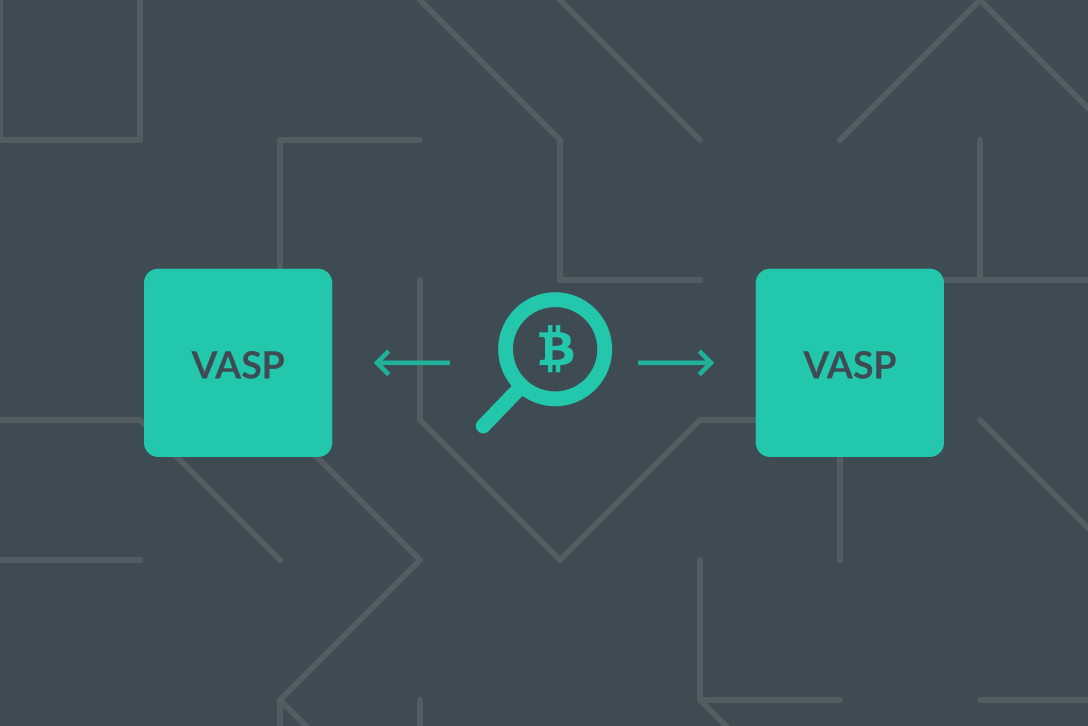
Is There a Difference Between an IBAN and a Travel Address?
The evolution of money is a surprisingly short tale; first, it was the exchange of physical objects (currency) for goods and services, then the exchange of currency online for goods and services.
Digital currency has been around for many years. Before cryptocurrency came along, users were using traditional banks for the transfer of currency online. Before 1994, only banks had the capability of transferring funds to and fro online. Then in 1994, banks started offering this power to its clients in the form of internet banking.
However, throughout this time, irrespective of who made the transfer, transfers would always need to be accompanied by information. Banks require information on the originator and the beneficiary before sending and receiving the funds.
Skipping forward a few years, we saw the development of cryptocurrency and its global adoption. Initially, those who followed traditional banking compared crypto to the Wild West, amongst other comments. But if we compare the two systems, they are not all that different.
What Is an IBAN?
European banks developed international Bank Account Numbers (IBANs) for international transactions. The goal was to establish a system for identifying foreign accounts, reducing transaction errors, and a method to verify transaction details. IBANs are not just account numbers but a mixture of the user’s account number and further identifying factors.
How Does an IBAN Work?
All IBANs are a mixture of up to 34 characters and follow a standard formula.
The first 2 digits are the originating country’s code,
Followed by 2 numbers (check digits),
Followed by alphanumeric characters that contain specific bank and account details.
For example, AL47 2121 1009 0000 0002 3569 8742. If we decipher the above example, we will find the following:
Country: AL (Albania),
IBAN check digits: 47,
Bank identifier: 212,
Branch identifier: 1100,
Basic bank account number check digit: 9,
Account number: 0000 0002 3569 8742.
The receiving bank (beneficiary) will then verify this information; if the information checks out, the transfer will be processed.
Is an IBAN Safe?
Yes. IBANs are used for making transfers into accounts. In Europe (the SEPA zone includes some non-EEA countries) IBANs can also be used by authorised payment providers to debit bank accounts and collect finds on behalf of merchants under the direct debit scheme. Only financial institutions can make transactions using them.
What Is a Travel Address?
Like an IBAN, a Travel Address is a string of alphanumeric digits that, when deciphered, provide information pertaining to the linked account, such as which virtual asset service provider (VASP) the funds should be sent to.
This information is beneficial to the originator VASP as it saves time. They no longer need to ask the user to whom they are sending coins. Users might insert incorrect information when attempting a virtual asset transfer; whether accidental or intentional, this error adds an additional workload for the VASP - also known as a crypto asset service provider (CASP) in the EU.
The Travel Address is not a wallet address; users will still have a wallet address issued by their VASP. But it can be exchanged for one.
How Does a Travel Address Work?
Firstly, a Travel Address is provided by the beneficiary. It is easy to obtain, the beneficiary (B) logs onto their account, and just like they would view their wallet address, the Travel Address is visible too.
The Travel Address is sent from B to the originator (O), who then shares this information with their VASP (VASP O). VASP O now has the opportunity to:
Double-check with the originator where the virtual assets are being sent, as this information is present in the Travel Address that O provided,
Check if the beneficiary VASP (VASP B) has been KYVed before any further information is shared,
Check if the VASP B has been sanctioned.
This information is beneficial to VASP O as it saves time and is safer than if B had simply shared a wallet address, as no private information is shared before the above checks have taken place.
All Travel Addresses are alphanumeric strings, for example:
ta6MNBj2u4art71gN99C6xniYrNfDUF26QgZHdXwd6zzYsvk1S6M5A15K2REHRULnZHnJs88
If we decode the above Travel Address, we will get the following information: https://beneficiary.com/implementation/defined/path&tag=travelRuleInquiry
Beneficiary VASP name: https://beneficiary.com (where the Travel Rule data must be sent to)
A particular user-specific identifier: /implementation/defined/path
What is happening behind the scenes: tag=travelRuleInquiry
Is a Travel Address Safe?
Very much so. Zero personal information is presented with the Travel Address. Travel Addresses serve to convey information for the transfer process. No assets can be withdrawn from a wallet without user interaction or a severe security breach in general.
Additionally, unless Travel Rule Protocol (TRP) compliant software is used, the Travel Address has no functionality.
Lastly, because the Travel Address only provides the beneficiary VASP’s name and no personal information, it is one of the safest identifiers currently available.
Is There a Difference Between an IBAN and a Travel Address?
IBANs and Travel Addresses offer identifying information for financial institutions sending funds to a beneficiary. IBANs offer bank and account information. The Travel Address only provides the name of the beneficiary VASP, making it a more secure and trustable source of information.
The information is presented in a string of alphanumeric characters. IBANs and the Travel Address assist financial institutions in conducting compliant transactions quickly, efficiently and errorlessly.
The most significant difference is that traditional banks call these strings an IBAN; at TRP, we call it a Travel Address.
Find out more about the Travel Address.



